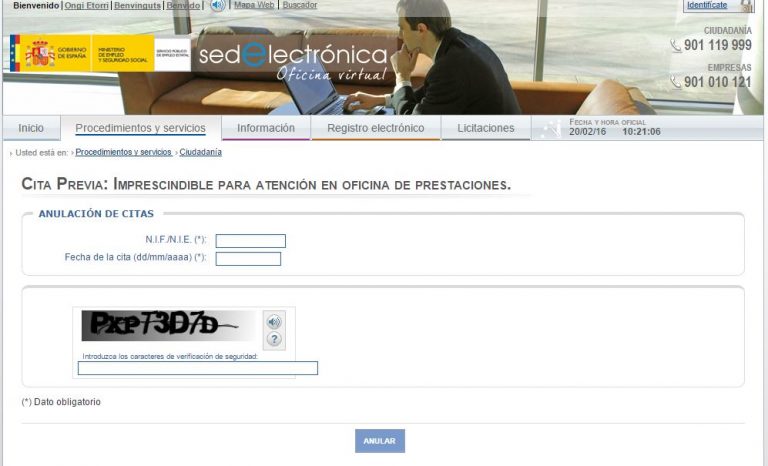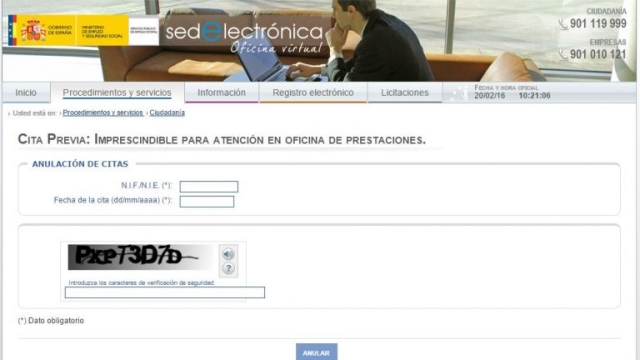Are you planning to move to Spain or conduct any kind of official business in the country? Then you may have come across the term "NIE Number." But what exactly is this number and why is it so important? In this comprehensive guide, we will take you through everything you need to know about the NIE Number in Spain. Whether you’re a student, a professional, or a retiree, understanding the ins and outs of this unique identification number will be crucial for navigating the Spanish system smoothly. So, let’s dive right in and demystify the NIE Number in Spain!
What is an NIE Number in Spain?
An NIE number, which stands for "Número de Identificación de Extranjero" in Spanish, is a unique identification number issued to foreign residents in Spain. It serves as a vital document for individuals who plan to live, work, or invest in the country. Just like a Spanish citizen’s DNI (Documento Nacional de Identidad), the NIE allows you to officially carry out various administrative procedures throughout Spain.
Obtaining an NIE number is a necessary step for foreigners who wish to engage in legal activities within the Spanish system. It is required for tasks such as buying property, opening a bank account, starting a business, or registering for social security benefits. Essentially, the NIE number acts as a means to identify and track individuals who are not Spanish citizens, ensuring their presence in the country is duly documented.
To obtain an NIE number, applicants must follow specific procedures and provide the required documents to the Spanish authorities. These procedures can vary depending on the purpose of the application, whether it is for work, study, or residency. It is important to familiarize yourself with the necessary documentation and the applicable process to ensure a smooth and successful application for your NIE number in Spain.
Remember, an NIE number is a crucial identification document for foreign residents in Spain, enabling them to navigate the Spanish system and access a wide range of services.
Why do you need an NIE Number in Spain?
Every individual planning to spend an extended period of time in Spain will need to obtain a unique identification number known as the NIE Number in Spain. This number, officially called the "Número de Identificación de Extranjero," is a crucial requirement for various activities carried out within the country.
The NIE Number in Spain serves as a means of identification for non-Spanish residents and is vital for legal and administrative procedures. Whether you are planning to work, study, purchase property, open a bank account, or even buy a vehicle, having an NIE Number in Spain is essential.
This identification number also plays a significant role in taxation matters. With an NIE Number in Spain, you can fulfill your tax obligations, such as declaring income, paying taxes, and opening a business. Moreover, it enables you to access certain social security benefits and services, ensuring your entitlements are protected.
Nie ESPAÑA
Obtaining an NIE Number in Spain is a fundamental step for anyone looking to navigate the Spanish system effectively. By having this unique identification number, you ensure a smoother experience when engaging in various legal and administrative activities during your time in Spain.
How to obtain your NIE Number in Spain
To obtain your NIE Number in Spain, there are a few steps that you need to follow. Here is a simple guide to help you navigate the process:
Gather the required documents: Before starting the application process, make sure you have all the necessary documents. These typically include a completed application form, a valid passport or ID, proof of your reason for obtaining the NIE (such as a job offer or property purchase), and a filled-out Modelo 790 form. It’s important to have all the paperwork ready to avoid any delays or complications.
Schedule an appointment: Once you have all the required documents, you’ll need to schedule an appointment at the nearest Foreigner’s Office (Oficina de Extranjeros) or police station. Keep in mind that appointment availability can vary, so it’s advisable to book well in advance. Many offices now offer online appointment booking, making the process more convenient.

Attend the appointment: On the scheduled date and time, make sure to bring all the required documents with you. At the appointment, you will need to submit your application and provide any additional information or documentation that may be requested. The officer will then process your application and provide you with a certificate acknowledging your NIE Number.
Remember, the NIE Number is an essential identification document in Spain, often required for various legal and administrative procedures. By following these steps and being prepared, you can obtain your NIE Number smoothly and efficiently.






Recent Comments